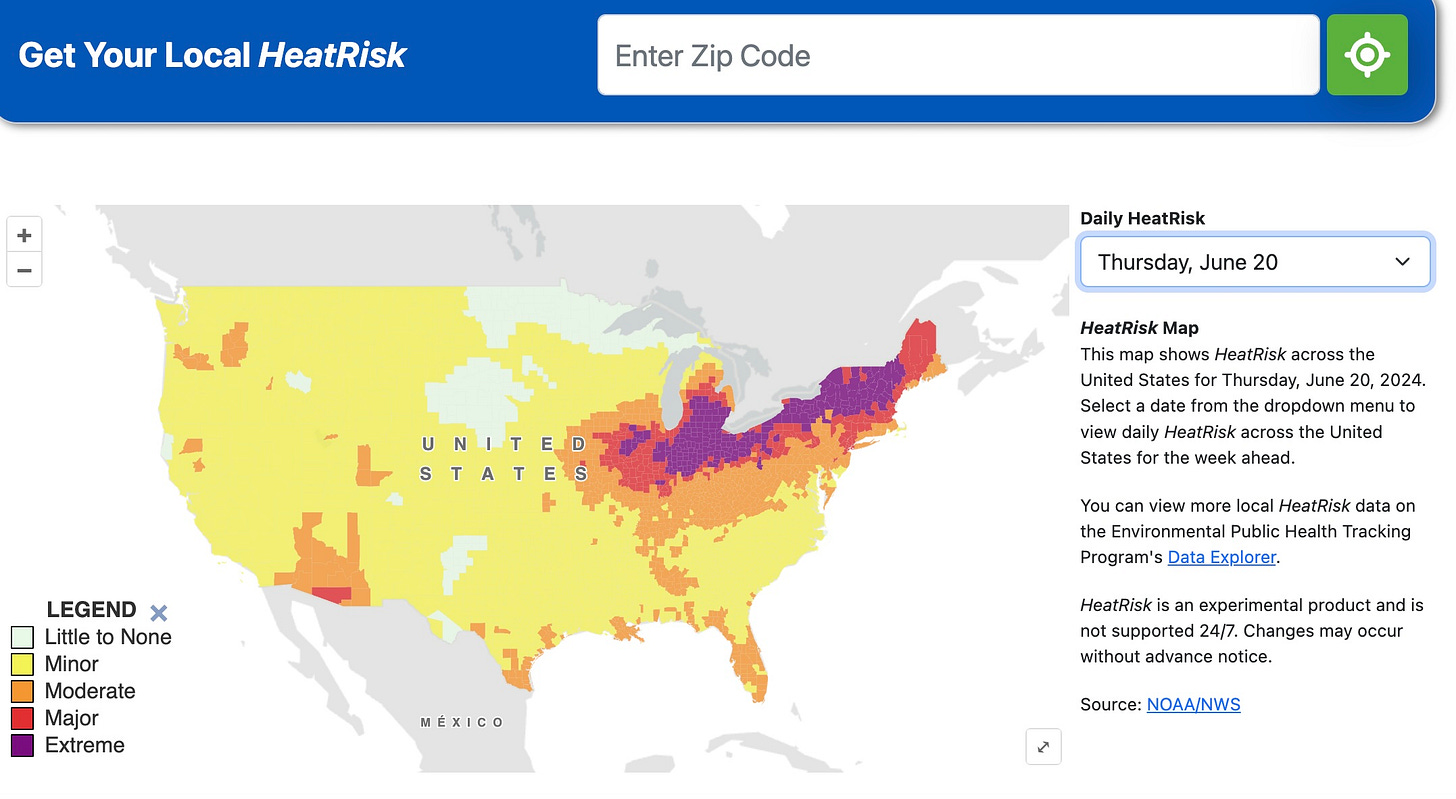I'm on the run to the 20th-anniversary Breakthrough Dialogue in California, where I’ll be running a conversation centered on the “climatism” concerns of longtime climate researcher Mike Hulme, many of which I share even after 38 years of writing about the seriousness of human-driven global warming. Here’s an excerpt from our Sustain What discussion when his book, “Climate Change Isn’t Everything - Liberating Climate Politics from Alarmism,” was published (my pre-Substack days). Watch the full hour on YouTube, Facebook, or LinkedIn. Here’s the rough transcript.
The Breakthrough event marks the 20th anniversary of “The Death of Environmentalism - Global Warming Politics in a Post Environmental World,” written by Ted Nordhaus and Michael Shellenberger. Click here to explore a series of essays reflecting on their manifesto and what’s happened, or not happened, since.
My conversation with “Bad Boy” Ted Nordhaus
Here’s my recent Sustain What conversation with Nordhaus, in which - among many other things - he explains his break with Shellenberger. Since then, Nordhaus has continued to press the case for a yes-focused approach to building a better human relationship with the climate and energy.
I hope you’ll subscribe to the
journal here on Substack. I guarantee you won’t agree with everything they post. I certainly don’t. But I do think you’ll find the perspectives a valuable prod to status-quo thinking.My drive south from Maine to Boston yesterday took me into the intensifying pre-summer heat dome that'll get heaps of media attention as it bakes the upper Midwest and Northeast. Check out the new zip-code-searchable heat risk map tool created by the Centers for Disease Control and Prevention. The peak of extreme risk comes Thursday.
Remember, as climate/health researcher Kristie Ebi has said here repeatedly, “Nobody needs to die in a heat wave” - if people and institutions take care of those most vulnerable. Please share my tips for building heat-resilient communities:
As Global Warming Fuels More Heat Emergencies, Cut Vulnerability Now and CO₂ Always
Track my companion live video webcasts, including a live pop-up show on beating the heat. Here’s my discussion of a vital 2022 report from humanitarian assistance organizations offering strategies for getting ahead of extreme heat - shifting from emergency response to a proactive, preventive data-driven approach:
Finally, I hope you’ll read Andrew Dessler’s post on
about Florida’s epic flooding rains and greenhouse-gas-driven global warming. He stresses one of the most basic realities in climate science:Let me emphasize up front that climate change doesn’t cause rain events. Rather, the role of climate change is like steroids for the weather — it injects an extra dose of intensity into existing weather patterns. So the right question is whether climate change has amped up this event.
Warmer air can hold more water vapor — about 7% more for every degree Celsius increase in temperature2. Consequently, the air converging into a storm system in a warmer climate carries more water vapor. Since most of the water vapor entering the storm’s updraft will fall out as rain, everything else the same, more water in the air flowing into the storm will lead to more intense rainfall. That’s it. Not terribly complicated.
Here’s the full post, in which Dessler laments (as anyone should) the politicized approach to climate change driven by Florida Governor Ron DeSantis and his administrattion:
On X/Twitter and in the comments, Dessler and I explored questions I have about the limits of climate models when tracking changes in the most extreme weather events, paticularly given all the reporting I’ve done on “paleotempestology,” a field of climate research examining past patterns of mega events like hurricanes, scouring floods and atmospheric rivers. I think you’ll find the conversation useful. I did.
Postscript - tropical trouble
I should have included a link to Ryan Maue’s
Substack, which provides a valuable daily update looking at forecast models tracking the next big weather makers - from heat waves to the heat-stoked tropical storm environment this summer.








